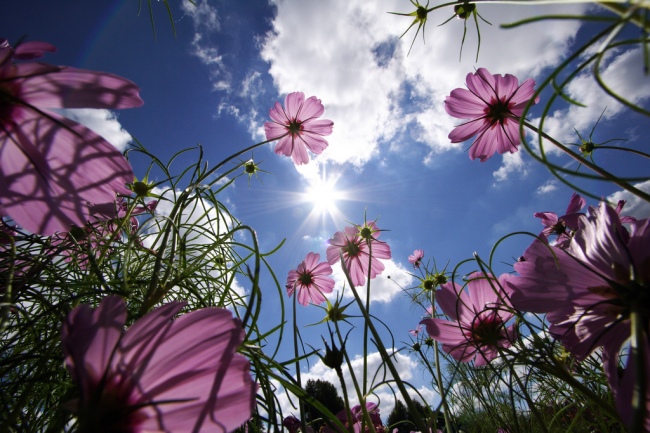Last week the movement arts group New York Live Arts hosted a five-day festival dedicated to the work of one of my favorite writers, Oliver Sacks, a neurologist turned author whose fame stems from his ability to make medical writing digestible for a lay audience.
Sacks writes primarily about neurological cases he comes across in his practice. In his essays, he explains the scientific underpinnings of complicated and rare neurological disorders, but his pieces also read like engaging personal narratives. His patients and their experiences come alive on the page.
As a writer I’ve always wondered how Sacks managed to craft such emotionally and scientifically intricate pieces, and I think I recently came across the answer in a National Public Radio blog post dedicated to Sacks.
NPR Reporter Alva Noe writes: “A comment I heard more than once at a recent [New York Live Arts] event in New York to celebrate the life of Oliver Sacks, who turns 80 this year, is that it isn’t Sacks’ patients who are particularly interesting; it is the interest Sacks brings to them that makes them special. He has good eyes.”
He has good eyes. That comment really struck a chord with me. Not just because it shed light upon a question I’d had about Sacks, but because it speaks to something I think every writer has asked themselves at least once: am I paying enough attention?
Whether the focus is your emotions, the world around you or the world of others, writing requires attention to detail. In order to reconstruct our experiences into essays and stories that ring true to others, we have to be able to set scenes, emotional or physical, that are saturated with observations which help our readers feel as if they’re experiencing our worlds themselves.
For me, it sometimes feels like my world is no longer saturated with the kind of details my favorite authors capture in their works. But the problem is not that those details don’t exist—city streets are still as lively as Virginia Woolf described, and people are still as beautifully complicated and fickle as Hemingway depicted them—the problem is that I’ve stopped noticing, and I don’t think I’m alone.
How often have you participated in a conversation where it seems like you’re just one-upping a friend on the exhaustions scale?
“I haven’t slept in three days I’m so busy.”
“I’m so busy I can’t even remember the last time I ate!”
It seems like as a society we’ve come to a decision: busy is better. And busy means not having the time to stop and take in the little details that make life beautiful and exciting.
I don’t know when we decided that busy was the new desirable status quo but it seems like everyone has signed on, and if you’re not busy you’re somehow missing out.
After all, technology makes it so easy to stay busy. Ten minutes between doctors’ appointments? Respond to that e-mail you neglected this morning. An hour-long bus ride to visit family for the holidays? You can make a whole PowerPoint presentation from your iPad. There’s no longer any reason to not be busy.
But there’s also no longer any reason to look up from our smartphones and tablets, to look around at the world and realize there are things beyond our isolated, technology-centric worlds worth devoting our time and attention to.
Sacks was lucky in that he was able to use his work as inspiration for his art, but if he’d spent his diagnostic time looking down at e-mails from his patients instead of looking up and seeing them face-to-face, as unique parts of a bigger world with a greater purpose, I don’t think we’d have the same amazing accounts of his experiences.
To replicate experiences in a tangible way, we have to be present for those experiences. Fully present and mentally alert.
If we stop paying attention, if we stop looking up, if we no longer have “good eyes,” will we deprive ourselves of a whole new generation of literary wonders like Sacks?
We might. But we might lose even more. Philosopher John Campbell once wrote, "People say that what we're all seeking is a meaning for life. I don't think that's what we're really seeking. I think that what we're seeking is an experience of being alive."
If we stop looking up we can lose those essential, random, unplanned experiences of being alive—the very experiences that allow great writers like Sacks to captivate us, that allow us to gain something more from our day-to-day than just checking things off a to-do list, that make us essentially human.
Let’s start looking up again. Let’s have good eyes.
-Jean-Ann Kubler











